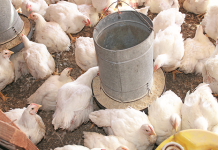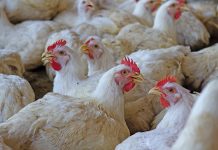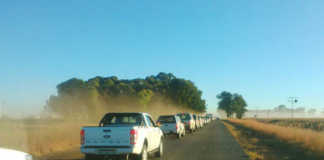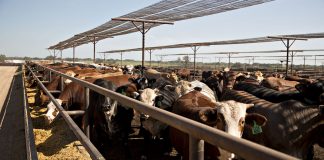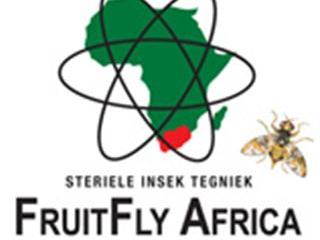
Effective management of insect pests is therefore an important strategic component in elevating food production and ensuring food security. Some insect pests like fruit flies may even be the cause of an export embargo on fruit due to strict quarantine regulations. The South African fruit export industry is of paramount importance to the economy of the country and specifically to the Western Cape. An Export embargo on our fruit can lead to serious financial consequences for our local communities.
During winter fruit flies migrate from orchards and vineyards when leaves do not offer enough shelter any more. The fruit flies then move mainly to farm and town gardens in nearby areas where there are enough food (honey dew and bird droppings) and shelter available to procreate. After mating the female deposits her eggs in fruit and in any meaty fruits or berries available in trees or shrubs in gardens. Rose hips are also a very good host and must be removed as soon as possible.
Town residents can help by daily putting all fruit and berries that lie on the ground in plastic bags. These plastic bags must be tied up very tightly and put in direct sunlight for two to three days. The building-up of heat in these plastic bags will kill any present fruit fly larva. Alternatively environmentally friendly M3 decoy stations which attract and kill fruit flies can be hung in gardens.
FruitFly Africa weekly releases millions of sterile male fruit flies in various towns during winter. A wild female who mates with a sterile male will lay barren eggs causing the wild population numbers to decrease to very low levels that is not any more economically harmful. This technique is biological of nature, does not have any impact on human beings or animals and is regarded as one of the most environmentally safest ways of managing insect pests.
For more information: [email protected] or [email protected]




